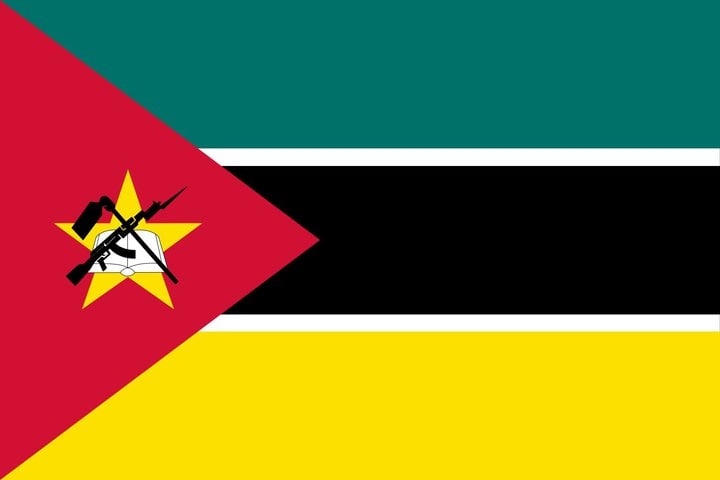US government to save $30 billion by NOT sending migrant South Koreans to Alligator Alcatraz, then Africa?
Photo above - The King of Swaziland has renamed his nation "Eswatini" and is now accepting deportees from America. Make Swaziland Great Again !!!
Whew . . . was that ever a close one! 300 illegal alien workers at the giant Hyundai plant in Georgia will NOT be going to concentration camps, or be deported to Africa. Potential savings? $30 billion !!!! (see links below).
Details of the Hyundai worker ransom deal are still sketchy, but evidently someone in Homeland Security determined that the engineers and scientists were NOT part of a drug cartel like Tren de Aragua or Sinoloa. Still unanswered – how these 300 guys got into the USA in the first place. I don’t want to blame Biden until there are more facts, but the guy DOES have a thing for batteries.
Back to the $30 billion savings. Where the heck did that come from?
Okay . . . this IS the worst-case scenario, but work with me on the math. The Trump administration is already paying the African nation of “Eswatini” $100 million per deportee (see link). Eswatini is a real place, even though it sounds made up, and rhymes with “teeny”. No pictures of the Eswatini jail cells are available, but IMHO there’s no amount of cable TV and sustainably sourced organic cafeteria food that could amount to that much expense. I will personally volunteer to house an illegal alien (Korean, hopefully) in my apartment for $100 million if this is the going rate now. I will pay for the ankle monitor myself out of this fee.
Of course, the $100 million cash per head going to Eswatini is NOT a deal to house prisoners. It’s a bribe to the government of Eswatini, formerly known as “the kingdom of Swaziland”. If you're still having trouble placing this country, it’s the smallest country in Africa, and next door neighbor to Mozambique . . . the one which has an AK47 assault rifle on its flag. Hmm . . . . the $500 million for 5 prisoners could possibly be related to some secret US base in Eswatini, but I don’t want to say for sure until more facts are available.
However, I did take a deep dive on Hyundai’s unfinished Georgia battery plant. It’s actually a facility for LG (“Life’s Good”) the company that made my refrigerator and 55 inch OLED television. (It has superb picture quality, by the way.) LG makes 4 different kinds of EV batteries, but unfortunately none of them are the futuristic “solid state” type. Solid state batteries are less likely to burst into flames if they are overcharged, or smell salt water. Still waiting on those. Used EV prices will crash to the basement once new cars start appearing with safe batteries.
I wish America had more factories which make OLED televisions, refrigerators, and EV batteries. But I doubt that tariffs and deportations could possibly fix this. In the meantime, if ICE going to keep aggrandizing itself with mass arrests, let’s see those gang tats please – not slide rules and pocket calculators – on the prisoners.
I’m just sayin’ . . .
South Korea says it reached a deal with U.S. to release workers detained by ICE in Georgia Hyundai raid - CBS News
Tiny African country detaining five deported US migrants asked Trump team for $500 million: report | The Independent








